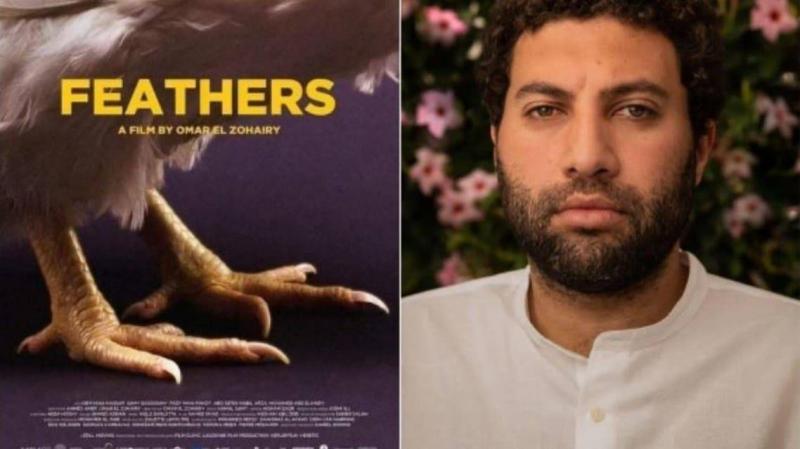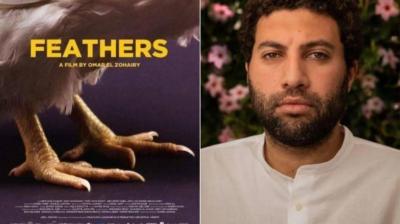On the third day of the El Gouna Film Festival in Egypt, everyone was anticipating the screening of the Egyptian film "Feathers," which won the grand prize at the Critics' Week of the Cannes Film Festival. "Feathers," directed by Omar El Zohairy, marked the first time in Egyptian cinema history that a specific work received an award from Cannes. The film had its premiere at the El Gouna Festival in the city of Hurghada, Egypt.
However, about an hour into the screening, some attendees began to leave, notably those who are filmmakers. Among those who exited was actor Sherif Mounir, who appeared extremely angry, followed by actor Ahmed Rizk and then actor Ashraf Abdel Baqi. Director Omar Abdel Aziz also left the screening. Their perspective was that the film contained scenes that did not portray the true image of Egypt.
Outside the hall, producer Mohamed Hefzy, who produced the film and is also the President of the Cairo International Film Festival, engaged in a discussion with the departing trio: Mounir, Rizk, and Abdel Baqi. After the debate, Hefzy denied that the depictions of poverty in the film were offensive to Egypt, affirming that society includes all classes, before returning to the screening to continue watching.
El Shenawy: The Film Shocked Some with a Different Perspective
In light of the controversy caused by some attendees, "Al Arabiya Net" interviewed film critic Tarek El Shenawy, who was present at the screening. He confirmed that the film presented a perspective different from what some had anticipated, but this does not negate that there were some scenes that could have been shortened to maintain the film's pace. Regarding claims of portraying an unrealistic image of Egypt, El Shenawy stated that the image of the homeland cannot be reduced to a collection of scenes, emphasizing that the state of poverty depicted in the film does exist, and there are worse conditions.
He noted that the film addresses the lower class and everything related to it. El Shenawy believed that the film's language would not resonate with the audience, citing that even members of the elite did not grasp some details of the work during its screening at the El Gouna Festival. He considered the film to be very good, and its recognition at Cannes proved its distinctiveness, pointing out the challenging balance any cinematic work must strike to reach both critics and audiences.




